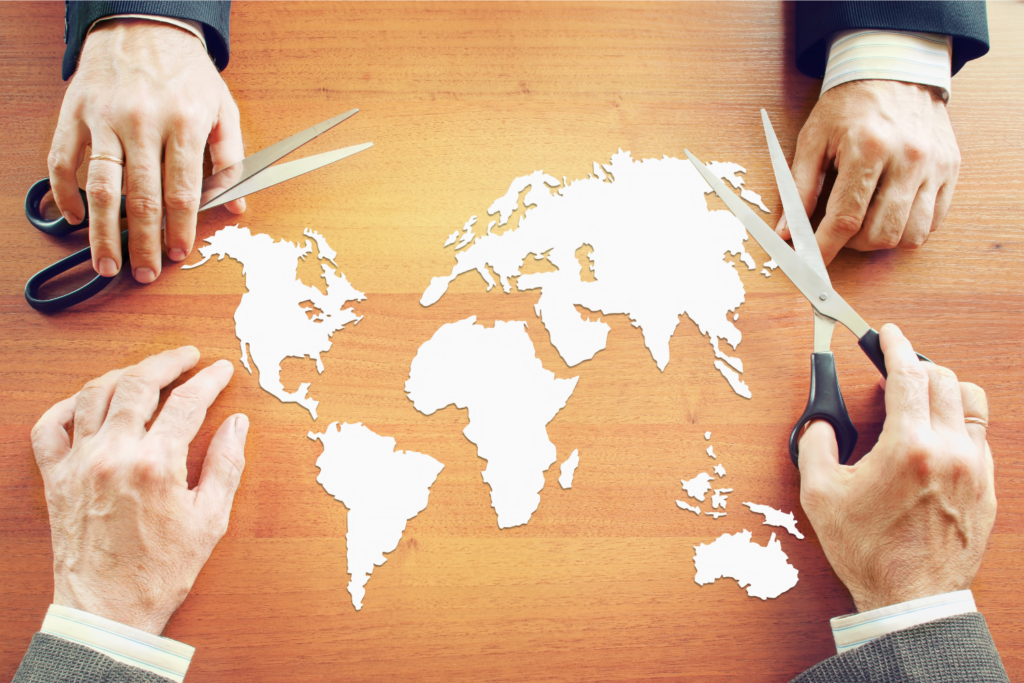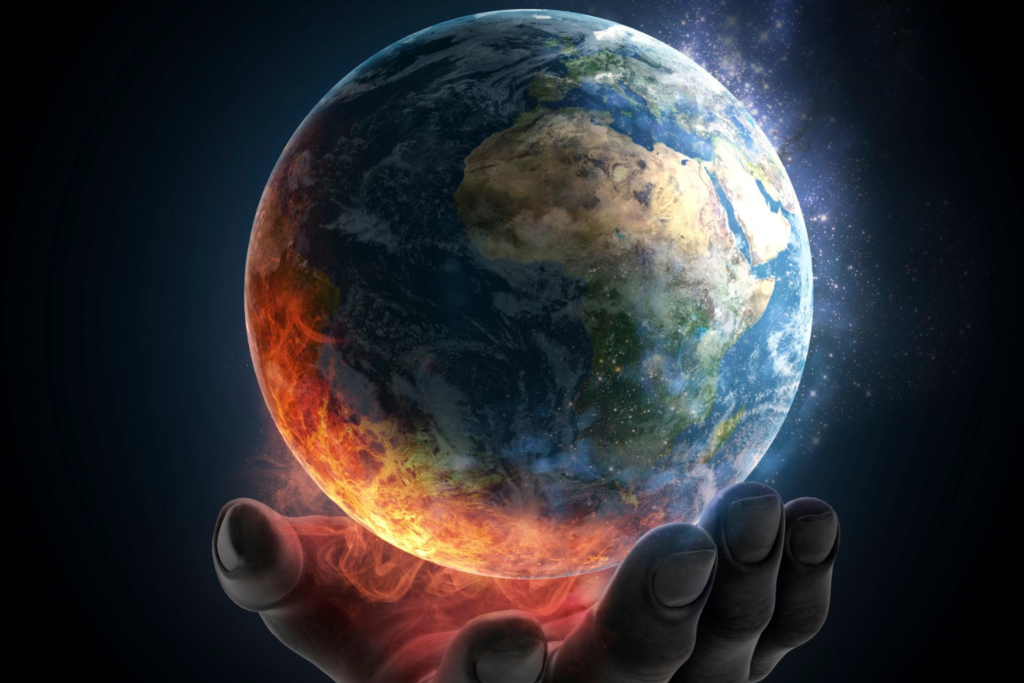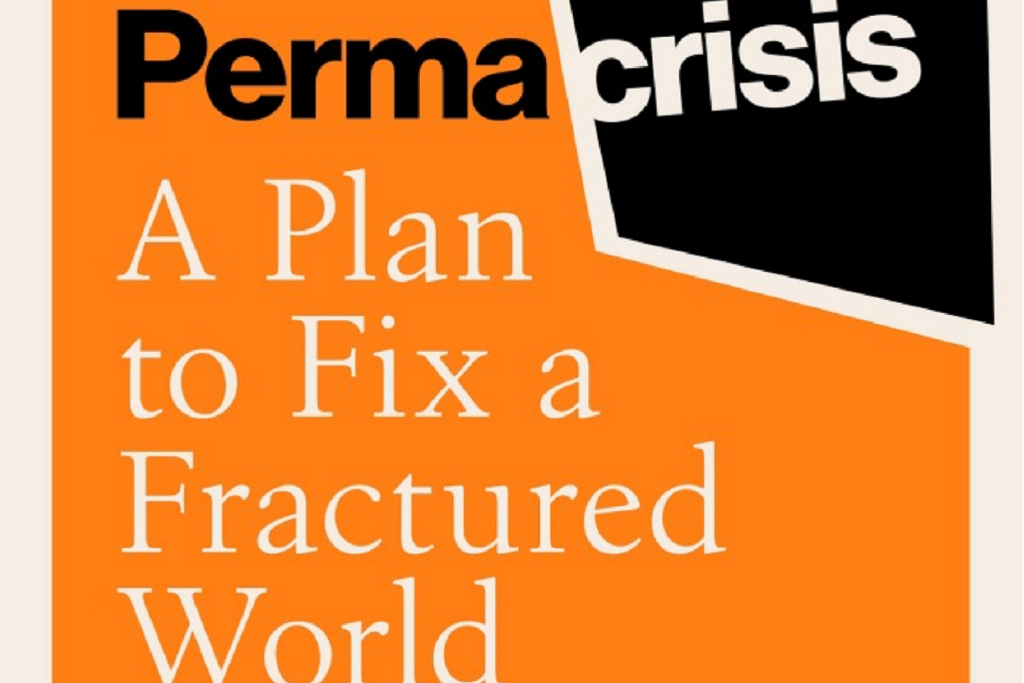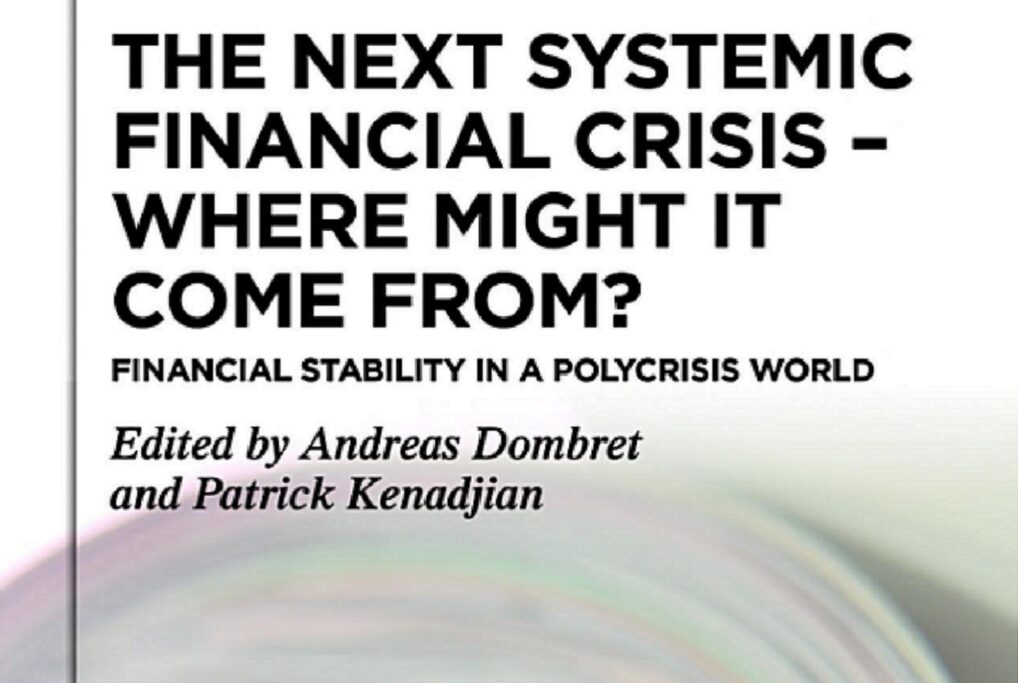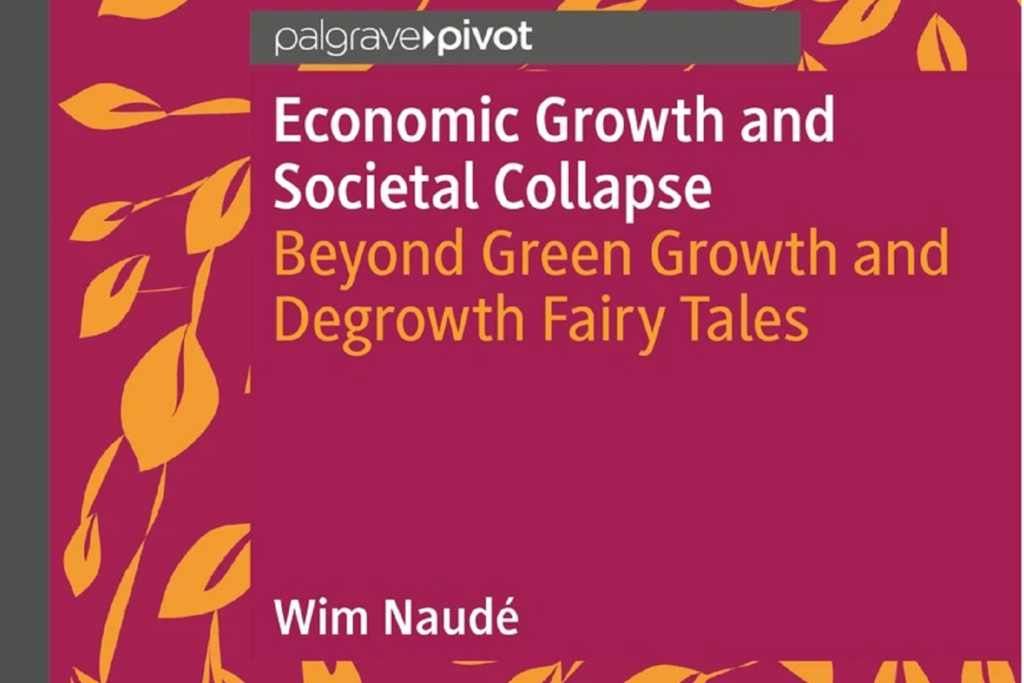A Climate of Truth
Mike Berners-Lee explores the concept of Polycrisis and examines why, despite decades of clear scientific evidence and technically feasible solutions, humanity continues to fall short in responding effectively to these crises. Through a critical examination of structural, political, and economic forces, the author seeks to uncover what is preventing meaningful action and what can be […]
A Climate of Truth Read More »





